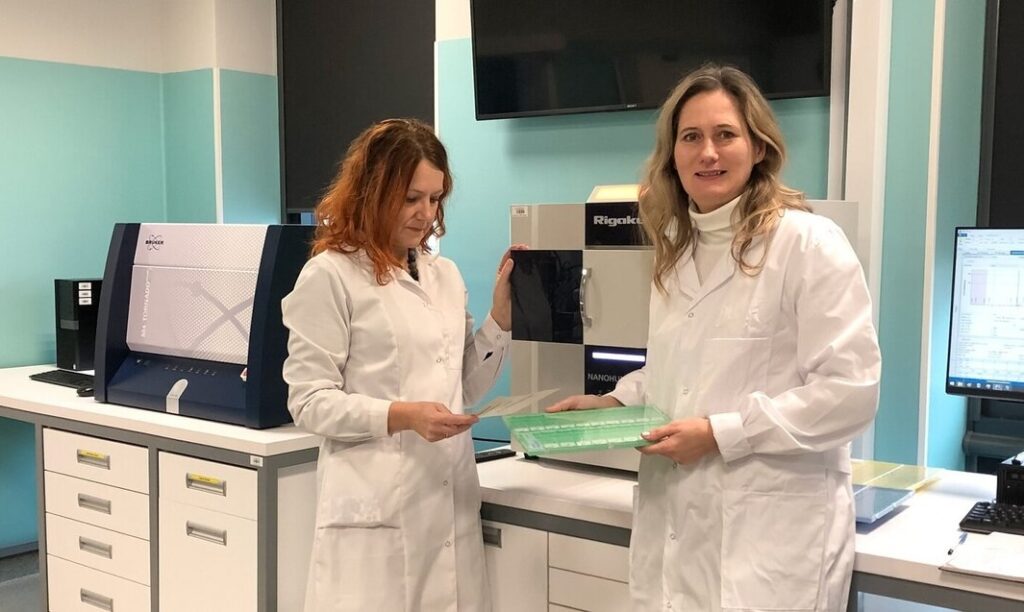
Researchers from two Kraków universities have joined forces to find markers of early obesity. The results of a study by Dr Magdalena Szczerbowska-Boruchowska, professor at the AGH University of Science and Technology (AGH) from the Department of Medical Physics and Biophysics of the Faculty of Physics and Applied Computer Science at AGH, and Dr Agata Ziomber-Lisiak, MD, PhD, from the Department of Pathophysiology of the Jagiellonian University Medical College (UJ) suggest that in future, measuring the level of one of the trace elements present in tissues – rubidium – may facilitate its diagnosis.
Despite the availability of commonly used indicators and markers of obesity, there is therefore still a need for further indicators and markers that would have even higher efficiency and allow early diagnosis of the disease.
The Krakow researchers saw an opportunity to find obesity markers in trace elements present in tissues.
The research was carried out on rats. Their results identified potassium, iron, bromine and rubidium as potential chemical markers of obesity.
“Among all the elements determined, it is rubidium that shows the highest predictive efficiency”, said Dr Magdalena Szczerbowska-Boruchowska, professor of AGH.
More:
https://www.agh.edu.pl/aktualnosci/detail/potrzebujemy-wiekszej-precyzji-w-diagnostyce-otylosci









